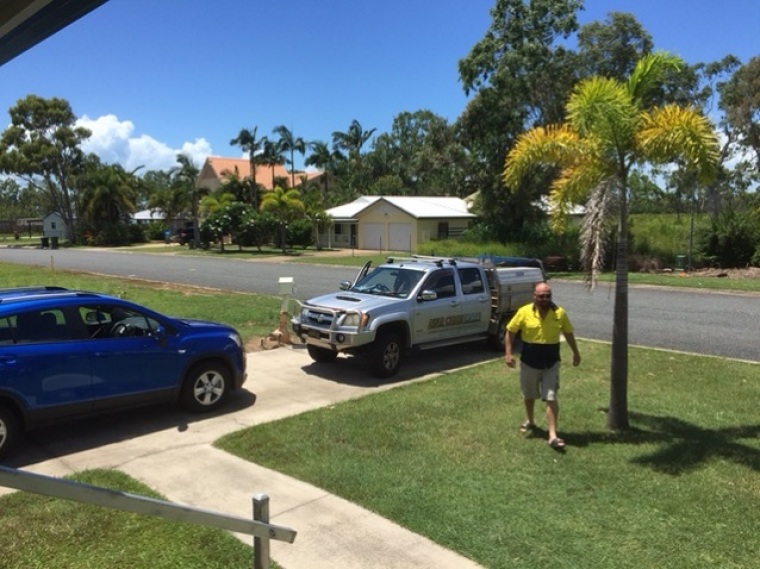

It's not a secret that our world is changing. Not only are people travelling more; but technology enables us to stay more connected to one another than any other time in history. We may be less in touch with our next door neighbours while being more aware of what strangers are up to on the other side of the globe.
As people meet and cultures collide differences often become evident, adding richness; but also bringing moments of misunderstanding, confusion and hurt. We need to be people, particularly as Christians, who act with a mindful cultural awareness.
Cultivating cultural awareness
Developing a sense of cultural awareness is about approaching your relationships with others, particularly those from a different cultural background, with balanced expectations. We all see, interpret, understand and react through the lens of our native culture.
It is natural to assume our cultural lens is correct, which unfortunately causes us to assume that everyone else is wrong. Through consciously adjusting your mindset and choosing to allow other people to be themselves, assuming their way is the right way, you can gain an appreciation for their way of doing things, even if you never adopt it, and your own cultural identity will be developed in the process.
Love in action
I don't claim to be an expert on the refugee crisis the world is facing right now in November 2015. What I do know is that there will be people from other cultures coming to our homelands seeking refuge. They will have come from situations we can't even begin to imagine, and if I'm honest, we choose not to try to imagine at all.
These people need our help. They need our care. They need our love. In some ways, we are all the same, we are all people. But it's true that the refugees are different. They come from a different culture. The way they know to receive help and care and love might not be the same as the way we know how to give them these things.
So apart from being mindful of the fact that the things they do or the way they do things may be different, I believe we should also be educating ourselves on who they are, what they have been through, what their cultural and religious identity is and how best we can support them to settle into life in a new and foreign land.
At the same time, we need to be discovering who we are, what influences have shaped us, what our cultural values and beliefs are, and identify the ways in which our cultural identity is different to others.
An opportunity
This crisis is a major opportunity to share God's grace in abundance, to lavish His love upon His children, to be His hands and feet in service of others, and yet to do it with a cultural awareness that will not only enhance the way we interact, but minimise the potential damage that can come as cultures collide.
It starts now, and I believe it starts with prayer. A prayer to open our minds, to open our hearts, and to allow God to show us how we can best welcome those He's bringing to our shores with a different kind of love.
